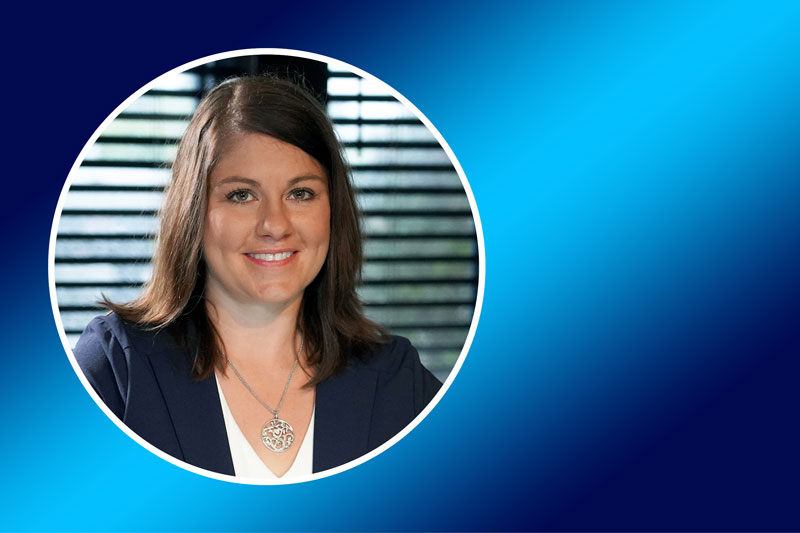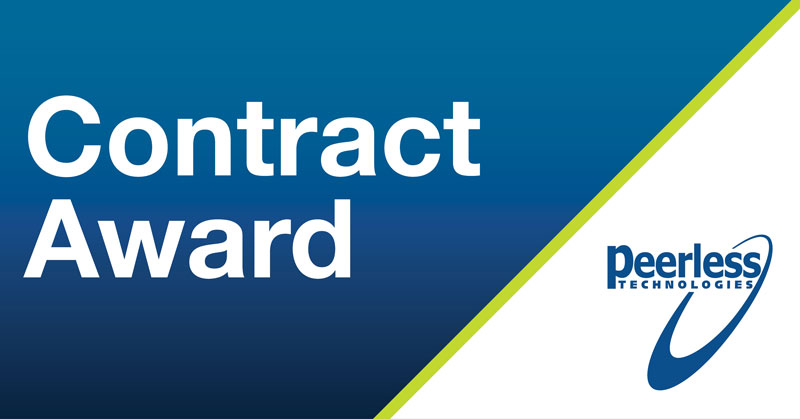Think about what you typically receive in your mailbox — bills, magazines, advertising, and the occasional greeting card. It was no typical day, though, when Peerless engineer Charlie Gorton received a special piece of mail from Paris, France. Inside was an award from NATO’s Science & Technology Organization Headquarters.
Gorton, a propulsion engineer supporting the F-35 Joint Strike Fighter Propulsion Program Management Office in Arlington, VA, received the 2022 NATO Science & Technology Organization Applied Vehicle Technology Panel Excellence Award for his contributions to the AVT-250 Research Task Group on “Gas Turbine Engine Environmental Particulate Foreign Object Damage [EP-FOD].”
The team, which included subject matter experts from the US, UK, Canada, Germany, Poland, and Spain, connected monthly via Zoom calls, in addition to semi-annual in-person meetings.
“I participated in team meetings to discuss and develop the scope and content of the AVT-250 effort on Gas Turbine Engine Environment Particulate Foreign Object Damage,” Gorton said, “which included evaluating the prediction, sensing, and damage caused by environmental particulates (volcanic ash, desert sand/dust, industrial pollution, forest fire ash, maritime sea salt spray, etc.) and identifying current and future mitigation approaches to minimize their impacts to military and commercial aviation.”
The team published an extensive report, of which Gorton coordinated content for several areas.
“I co-authored one of the chapters, and was lead author on three of the appendices,” Gorton said. “I also provided several original work products (e.g., figures) which were referenced in the report.”
The team also organized an AVT-272 Technical Symposium in Lithuania, based on the scope and content of their final report. Gorton helped plan the Symposium, which included soliciting and selecting technical papers, planning the Symposium agenda, selecting panel chairs (of which he was one), and inviting attendees.
“My travel to other NATO nations to participate in the semi-annual AVT-250 meetings was definitely the most enjoyable part of my involvement,” Gorton said. “I also enjoyed the interaction with other international subject matter experts to learn about the broad impact that environmental particulates have on the operational capability of military and commercial aviation, and what can be done about it.”






Comments are closed.